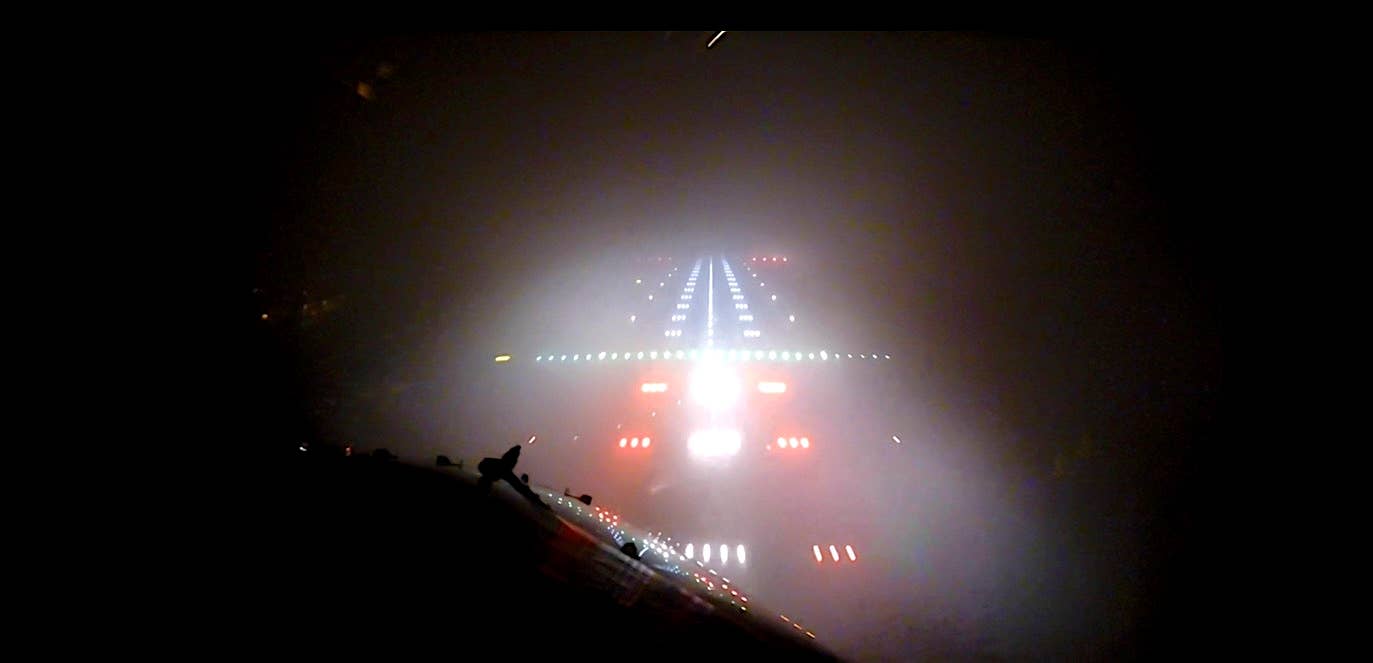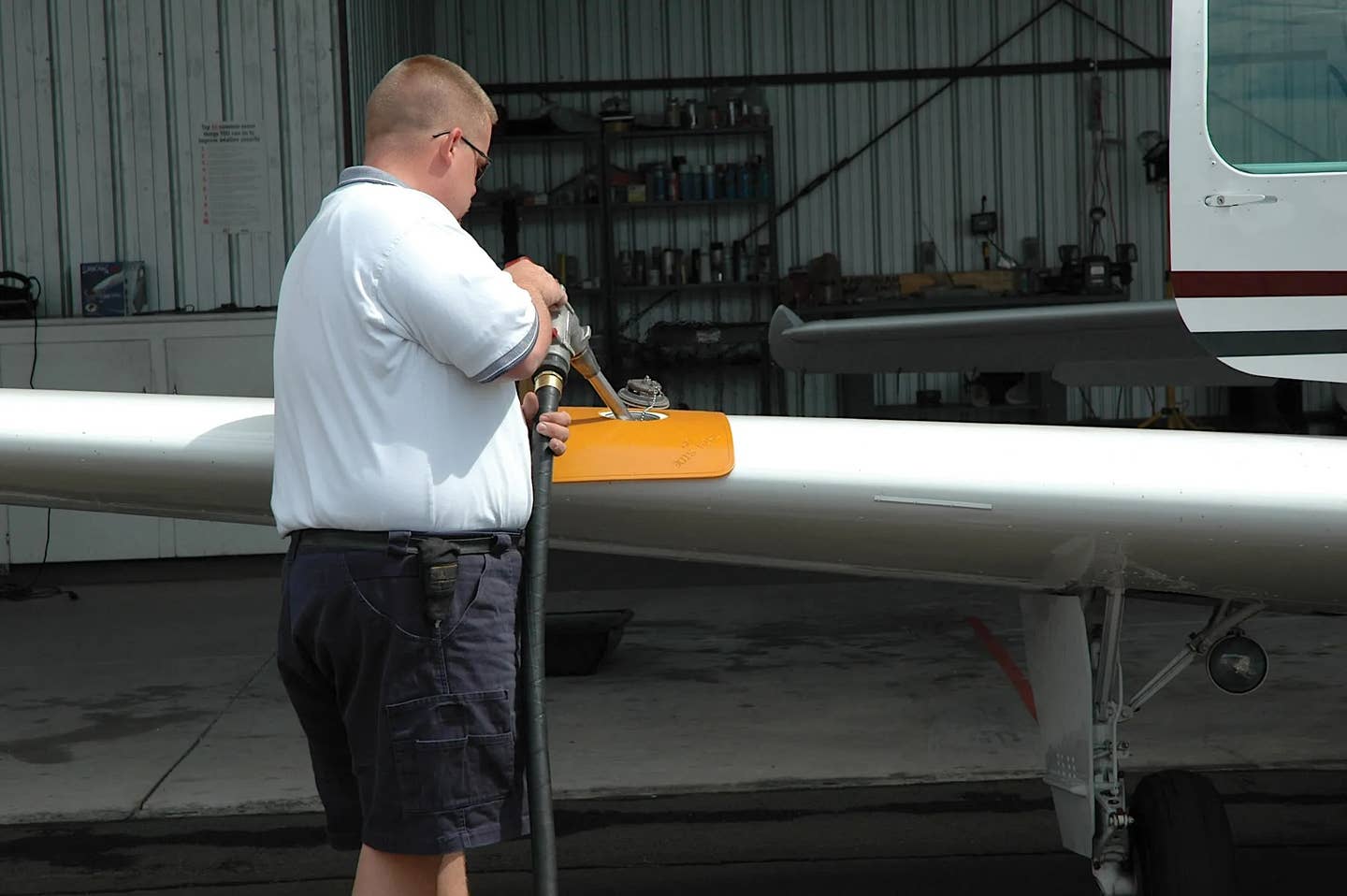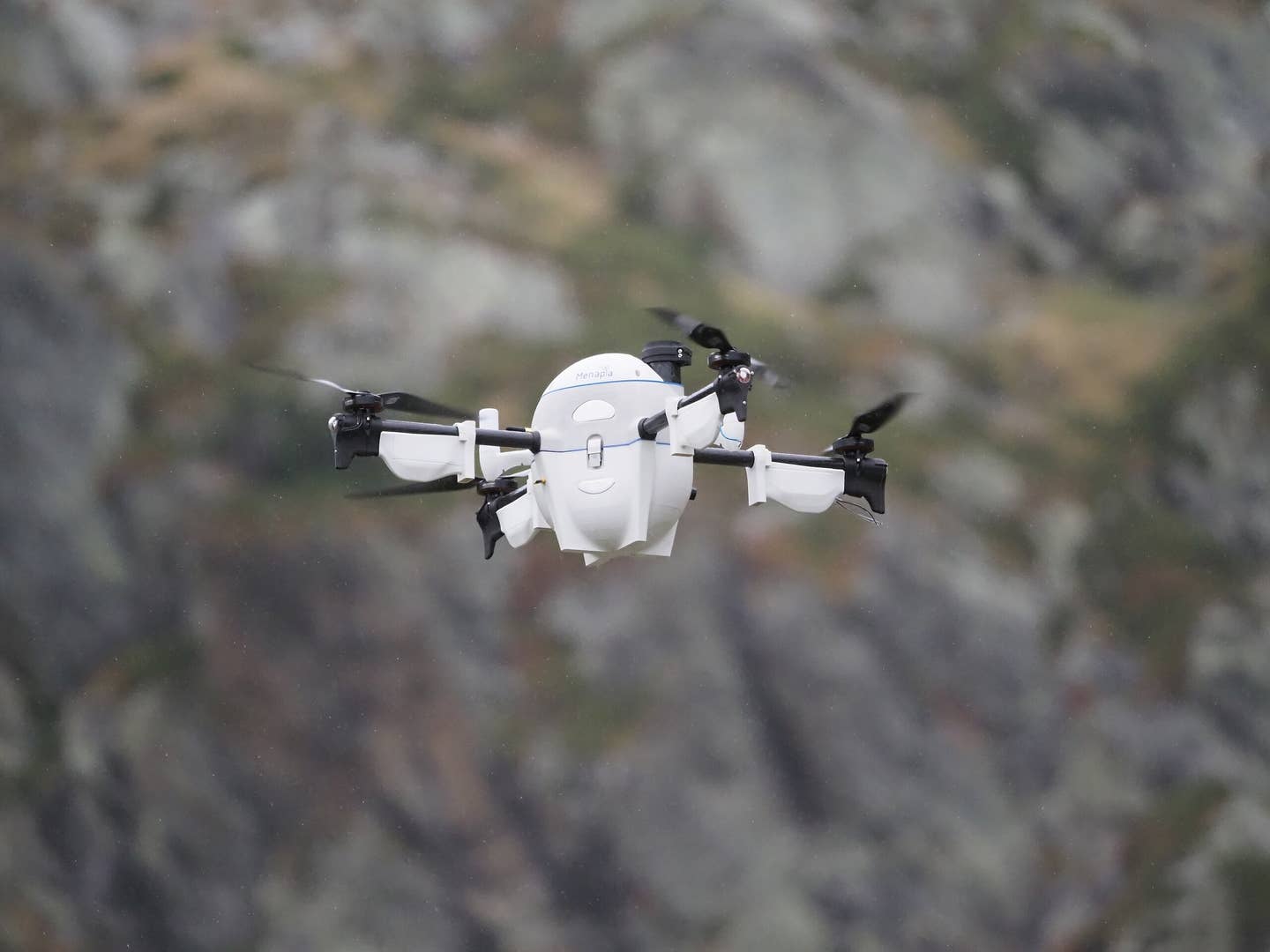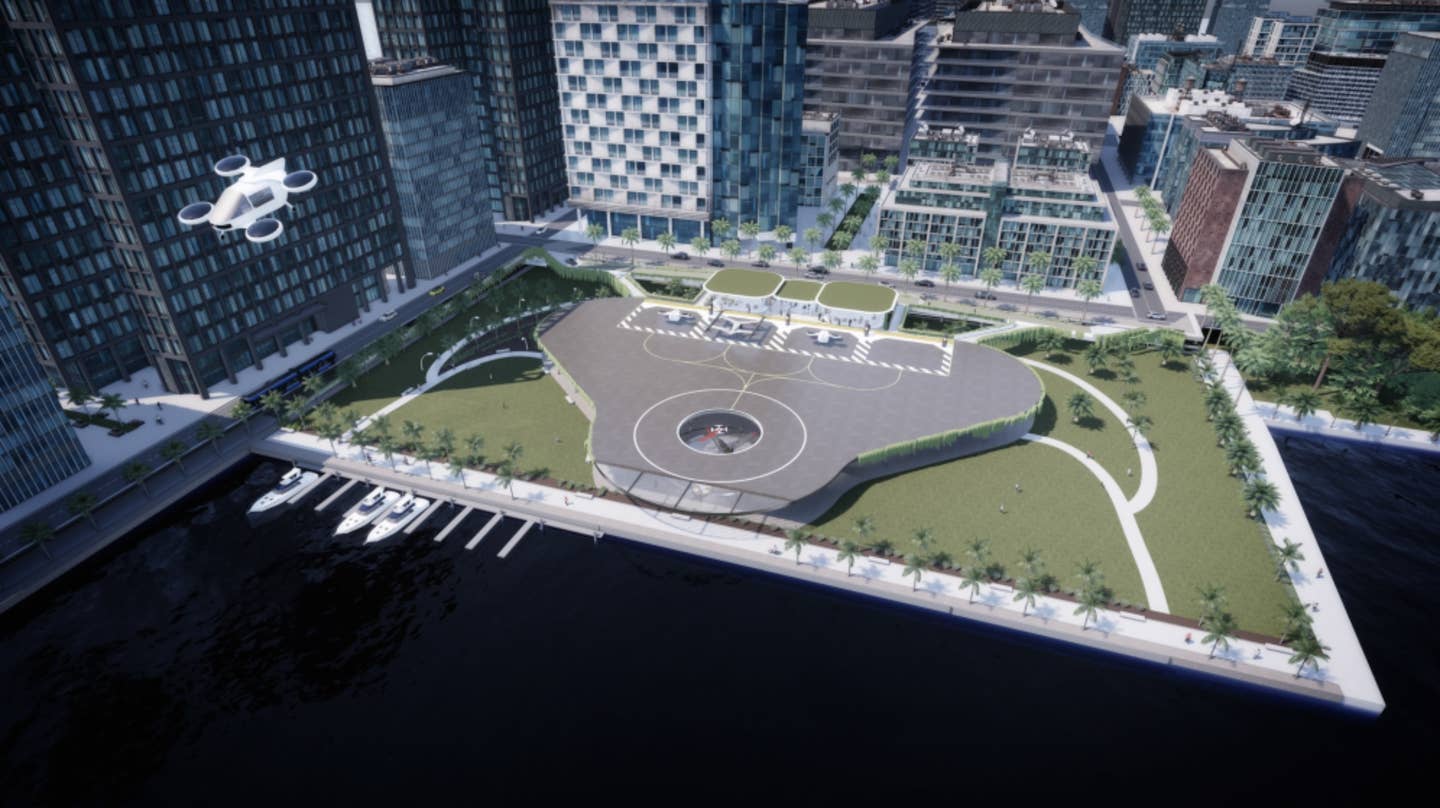The Road to Victory: My First Airline Interview
Captain George Nolly, who has helped prepare thousands of pilots for their airline interviews, recounts his own first interview with a major air carrier. Just out of the Air Force, age 33, balding, and with crooked teeth, he’d applied to a dozen airlines but they weren’t exactly beating a path to his door. When he was finally called by one for an interview, he was understandably nervous as hell. We won’t spoil George’s story by telling you the ending.
 The contrast was remarkable. Formonths I had been canvassing the airline personnel departments, making phone calls andpersonal visits — with no luck. Of the dozen airlines I had been following up on weekly,none would give me the time of day. Only one had even acknowledged receipt of myapplication. But as soon as I was invited in for screening, everyone's attitude changed.
The contrast was remarkable. Formonths I had been canvassing the airline personnel departments, making phone calls andpersonal visits — with no luck. Of the dozen airlines I had been following up on weekly,none would give me the time of day. Only one had even acknowledged receipt of myapplication. But as soon as I was invited in for screening, everyone's attitude changed.
 It was like being "Queen For A Day." In a few days, I would be back on theoutside again. The telephone voice of the personnel department would again be impersonal,repeating for probably the thousandth time, "If we hear anything, we'll contactyou." But for now, I was part of the "In Crowd," and the folks at Personnelwere genuinely pleased to meet me and anxious to help.
It was like being "Queen For A Day." In a few days, I would be back on theoutside again. The telephone voice of the personnel department would again be impersonal,repeating for probably the thousandth time, "If we hear anything, we'll contactyou." But for now, I was part of the "In Crowd," and the folks at Personnelwere genuinely pleased to meet me and anxious to help.
Testing, Testing ...
Altogether there were a dozen Flight Officer applicants (a term it took a while to getused to) in the testing room that Wednesday. Six had already had their interviews anduntimed testing the previous day. We would all have our timed tests together, then mygroup of six would return the next day for our other tests and interviews. Although wewere seated at random at the six tables in the testing room, it was easy to pick out the"old heads." They were on the downhill side, relaxed and confident, now thattheir interviews were over.
The battery of tests we had that day did a lot to take the edge off and relax me.Frankly, there was very little I wasn't ready for. I'd been well briefed by FAPA [FutureAirline Pilots Association, now defunct] on what to expect. Since my full-time jobincluded teaching an ATP ground school, I felt fairly confident on instrument procedures.And since I'd just taken my CFI written the previous month, I felt pretty confident in thebasics, too. It came in handy in the aeronautical knowledge testing. I'd read severalmemory books and learned some memory tricks, mostly in anticipation of meeting people andremembering their names. It really helped, though, on the vocabulary test. We were given alist of 50 common words and 50 nonsense syllables associated with them. For example,"want" might be "erg." They gave us five minutes to look at the list,then they took it away and gave us a sheet with the 50 words in one column, the 50nonsense syllables in another, and we had to match them. I got them all.
I knew ahead of time that everyone feels bad about the Stanine General Knowledge test,so I didn’t let it bug me. In my opinion, there are some questions you should be ableto answer, and some a normal person can't answer like "How many steps in the EiffelTower?" I thought some questions didn't even have a correct answer. "What winedo you drink with Chateaubriand?" didn't even list Ripple as an answer choice!
After testing, the girls at Personnel explained our schedule for the next day. We wouldperform untimed tests and be individually called out of the testing room for amini-physical and for an interview.
That night I speed-read Dress For Success and Body Language for thefiftieth time, checked the closing price of the airline's stock, and got a good night'ssleep.
Interview Day
The next morning I got up at about 5 a.m. and went jogging. For me, it was a good wayto dissipate some of the excess tension that might show up as nervousness in theinterview. And as I ran, I went through a mental inventory of my qualifications. I had3000 hours, mostly military time, a full ATP, a full FE, and was just completing a CFIcourse. My undergraduate degree was in Electrical Engineering and my masters was inSystems Management. My college and grad school grades were excellent. I was in greatphysical condition, running about 50 miles a week. On the negative side, I was 33 yearsold, mostly bald, and had crooked teeth. And, although I have a face that both my wife andmother love, I've never been sought out as a male model or recruited by the movies. Well,you can't have everything! By the time I finished running, I felt good. I felt confident.
The physical that day was pretty much routine — about like an FAA flight physical. Wewere called out of testing individually for it, then returned to the untimed tests. Testitems like, "Choose the most correct: I am a) arrogant, b) stupid." At onepoint, about a half hour before my interview, the secretary came by my desk and asked forthe documents I'd been told to bring: copies of all FAA certificates, school transcripts,etc. I also included an updated resume and a copy of my CFI test results.
Finally, I was called in for the interview. I was escorted into an office andintroduced to the Chief of Personnel, who stood behind his desk, and two pilots, who stoodby their chairs alongside his desk. They gestured for me to have a seat at one of thechairs in front of them.
Which chair? Was this some kind of nonverbal test, like the infamous "rockingchair" test? What the heck, I sat down in the closest one.
The Personnel Director led off: "Well, George, why don't you tell us a little bitabout yourself and how you got interested in flying." I tried to encapsulate ahistory that began when my father took me up flying as a two-year-old, starting a lifetimelove affair with flying. As a kid, I'd ride my bike to the airport just to watch theairplanes. I took formal lessons when I was 18 and went into the Air Force to fly. I'dwanted to be an airline pilot ever since seeing "The High and The Mighty" in1956.
Tough Questions ...
A few questions followed on what types of aircraft I'd flown, what flying I enjoyed themost, and what I thought about Air Force flying.
Personnel man: "Why did you leave the Air Force?"
Me: "To become an airline pilot."
Pilot No.1: "Why didn't you leave the Air Force sooner? Eleven years is a longtime to stay in."
Me: "I had a service commitment through 1973, and the airlines weren't hiring in1973."
Pilot No.2: "Was it hard to leave the Air Force after 11 years?"
Me: "It sure was. My entire adult life had been in the Air Force. I had aguaranteed career and all the prerequisites for advancement. I had Command and StaffCollege, a Masters Degree, two combat tours, a lot of Awards and Decorations, perfectOERs, and guaranteed promotion to Major. It was a tough decision."
Personnel man: "I guess it was. How many airlines have you applied to?"
Me: "Twelve altogether."
Personnel man: "Have any others called you in for an interview yet?"
Me: "Not yet."
Personnel man: "I'm sure it's because of your age. Your credentials areoutstanding."
Pilot No.1: "How did you do in pilot training?"
Me: "Pretty well; I was number 9 out of about 50, as I recall."
Pilot No. 1: "Pretty much had your choice of airplanes after graduationthen?"
Me: "Yes, sir. Pretty much so."
Pilot No. 1: "Then why didn't you choose a transport assignment out of pilottraining, if you really wanted to be an airline pilot?" (GOTCHA)
Me: "Well, to be perfectly honest, flying transports then was not a good deal atall. There was a war on, and the transport pilots typically spent 25 days a month awayfrom home, flying into Vietnam, but not getting combat tour credit. After about a yearthey'd get sent on a one-year combat tour in a different aircraft. I wanted to get mycombat tour over with."
... And Straight Answers
Pilot No.2: "How do you feel about spending 15 years as a Flight Engineer orCopilot?"
Me: "Of course I'd rather advance faster, but I feel I'll be a better pilot forwatching a lot of other pilots. Some I'll agree with, some I won't, but all will influencethe type of Captain I become."
Pilot No. 2: "Are you in the reserves now?"
Me: "No, but the Ontario Guard is holding a slot for me, pending my getting hiredand assigned in the L.A. area. They don't want commuters. I personally feel that Guardflying is an excellent way to maintain my flying proficiency, but of course the airlinejob comes first."
Personnel man: "Why are so many pilots getting out of the Air Force?"
Me: "The Air Force has a real management problem right now."
Personnel man: "How so?" (BACK OFF, GEORGE, YOU TOUCHED A NERVE.)
Me: "Like all pilots, Air Force pilots love to fly. Yet, in TAC when I got out,the average jock only got about 19 hours a month. The price he paid was five 12-hour daysa week filled with nonflying duties. There’s just no opportunity anymore forprofessional flying-related discussions, bar-talk, there-I-was talk, becauseeveeryone’s busy doing miscellaneous additional duties."
Pilot No. 1: "On your application you said that United Airlines is the best.Why?"
Me: "First of all, you’ve got outstanding equipment and routes. You’vegot teriffic management-piIot relations. I know a lot of your pilots. They love their jobsand are anxious to go to work. I trained on your simulators to get my Flight Engineerticket. I saw firsthand that you spare no expense to have nothing but the best wheresafety is concerned. Management keeps employees informed on what's going on. Captain ——,who invented the DC-8 performance accelerometer, Captain ——, who invented a new type offight computer, and Captain ——, who made refinements to it, all work for your airline.You obviously have an atmosphere that fosters professional growth. It's a team I want tojoin."
Personnel man: "We hope you can. We'll know your overall test results in aboutthree weeks. We'll call you when we know the results."
And that was it. Overall, the interview lasted about 30 minutes. The attitude of theinterviewers had been one of acceptance, cordiality, and helpfulness. In two weeks, I wascalled back for a simulator checkride and a very thorough physical.
And I was on my way in.






